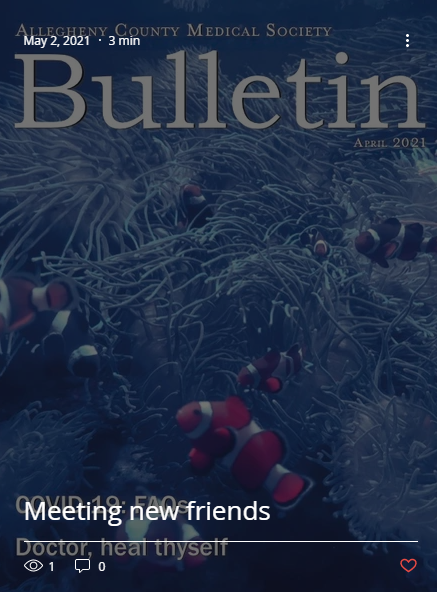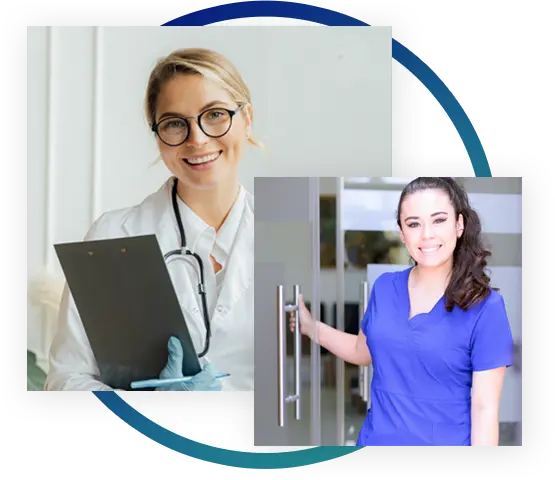
February 14, years ago, my wife and I made an early exit from a Heinz Hall Pops Concert. We wanted to beat the crowd to the parking garage elevators. I was wearing only a sport coat and tie with my stethoscope still in my pocket as I had made a late exit from the office and deferred dinner.
We succeeded and stepped into one of the elevators as it left with only the two of us. As the door opened on a top floor, my wife saw a man from the adjacent elevator collapse in the exit area. I stepped out and saw he was not moving. When I checked his head for any bleeding I found none and noted he was unresponsive. The man also had come from the concert and had on a coat and tie and overcoat making it difficult to check for a pulse. I found none in carotid or radial. Because of my surgical experience, I opened his coat and probed for a femoral pulse. Again nothing. His wife had said they did not have a cellphone, so I gave mine to my wife to call 911 while I pulled out my stethoscope and listened to his chest. No heart sounds at all, but he was still breathing.
I began cardiac massage on the concrete floor of the parking garage with no one else around. I could hear my wife trying to explain where we were to the 911 operator. Who pays attention to the actual names of the parking garages? Time was fleeting and I failed to note it and keep track, but I estimated after a while it was five plus minutes of massage. I noted the fellow was very diaphoretic and initially breathing deeply.
Over the years of training, I had used cardiac massage in various areas of the hospital and OR. In those times, I usually had a muscular pulmonary therapist to help with massage and obtain airway (mask or tube) for ventilation. When the whole team arrived, my responsibility shifted to obtaining venous access, usually subclavian or femoral. This time, however, I was all alone. As I worked, his breathing gradually slowed and then stopped, by my estimate for longer than 30 seconds. This fellow needed oxygen in addition to blood flow!
As quickly as possible I extended his neck, pinched his nose and with a deep breath inflated his lungs. Watching his chest rise easily with my breath. After a second breath, back to massage. I remember now how easily an unconscious person’s chest can be inflated and how much the nurse anesthetist can tell by squeezing the bag.
At that point, the fellow began to moan and wake, so I stopped massage and checked for and found thready radial pulse. He slowly opened his eyes and rolled on his side resuming breathing. He was profoundly diaphoretic and in my diagnostic mode I asked him a rather stupid question, “Are you having chest pain?” I don’t remember his answer because I realized I had just given him hundreds of chest compressions. I told him EMTs were on the way and he asked, “Were you at the concert?” I replied yes, and he said, “It was good, wasn’t it?” showing me that he had no neurologic deficit.
EMTs arrived shortly after (they had to load their equipment onto a golf cart because the garage clearance was too low for the ambulance). They monitored him and transported him to the closest hospital. I gave his wife my card and asked her to update me. It turns out he was being followed for aortic stenosis and I guess the hurried block-and-a-half walk in cold weather caused the arrest. He underwent aortic valve replacement without complications. His daughter sent me a thank-you letter, and the patient (no name for privacy) called to arrange to buy me dinner prior to the next Pops Concert. I accepted and afterward agreed to alternate buying dinner before each concert. He and his wife are amazing people and we have become good friends, continuing the tradition until Covid shut down dinner and concerts.
Looking back, I may not have followed current recommendation for cardiac resuscitation, but my friend is very happy. I think that being in the right place at the right time was planned by someone up above.

